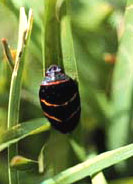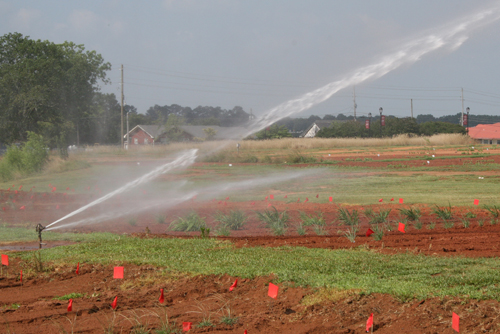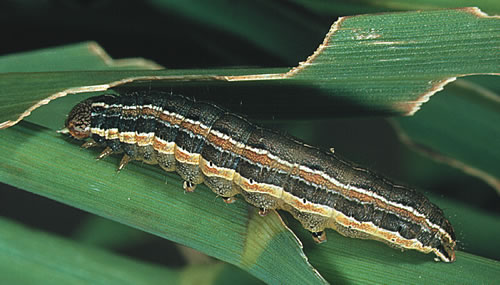 CAES News
CAES News
Armyworms destroy Georgia turf
Almost every year in late summer, caterpillars invade turfgrass across Georgia. Damage to established turf is mostly aesthetic, but newly planted sod or sprigged areas can be severely damaged or even killed.

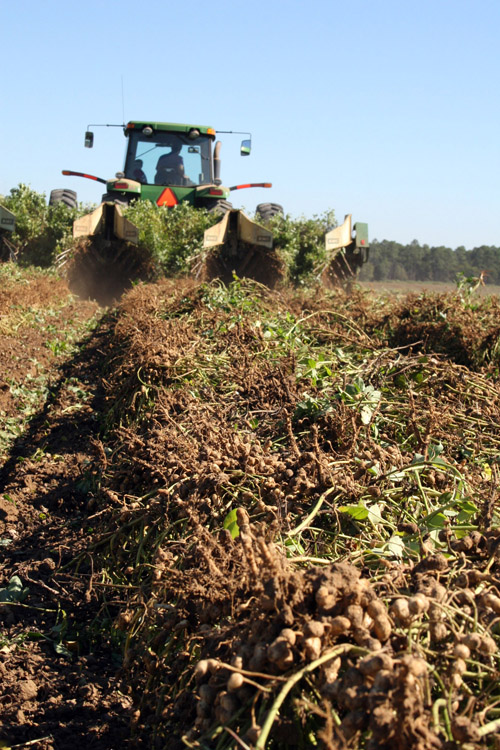
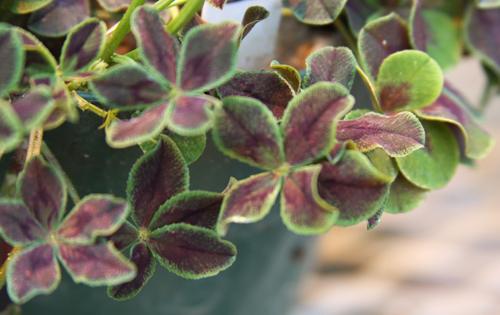
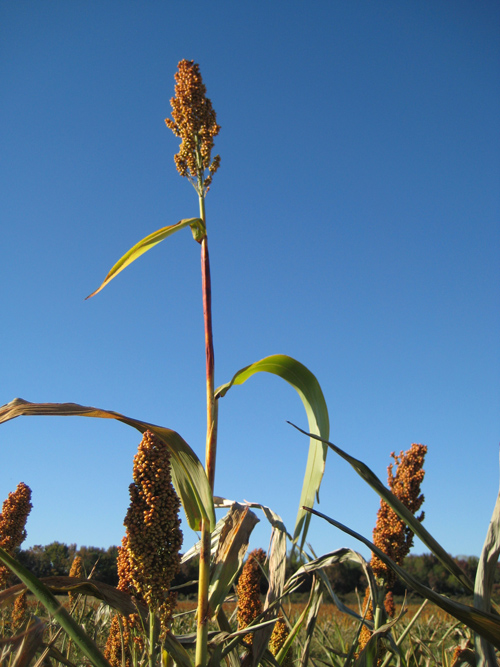
.jpg)
